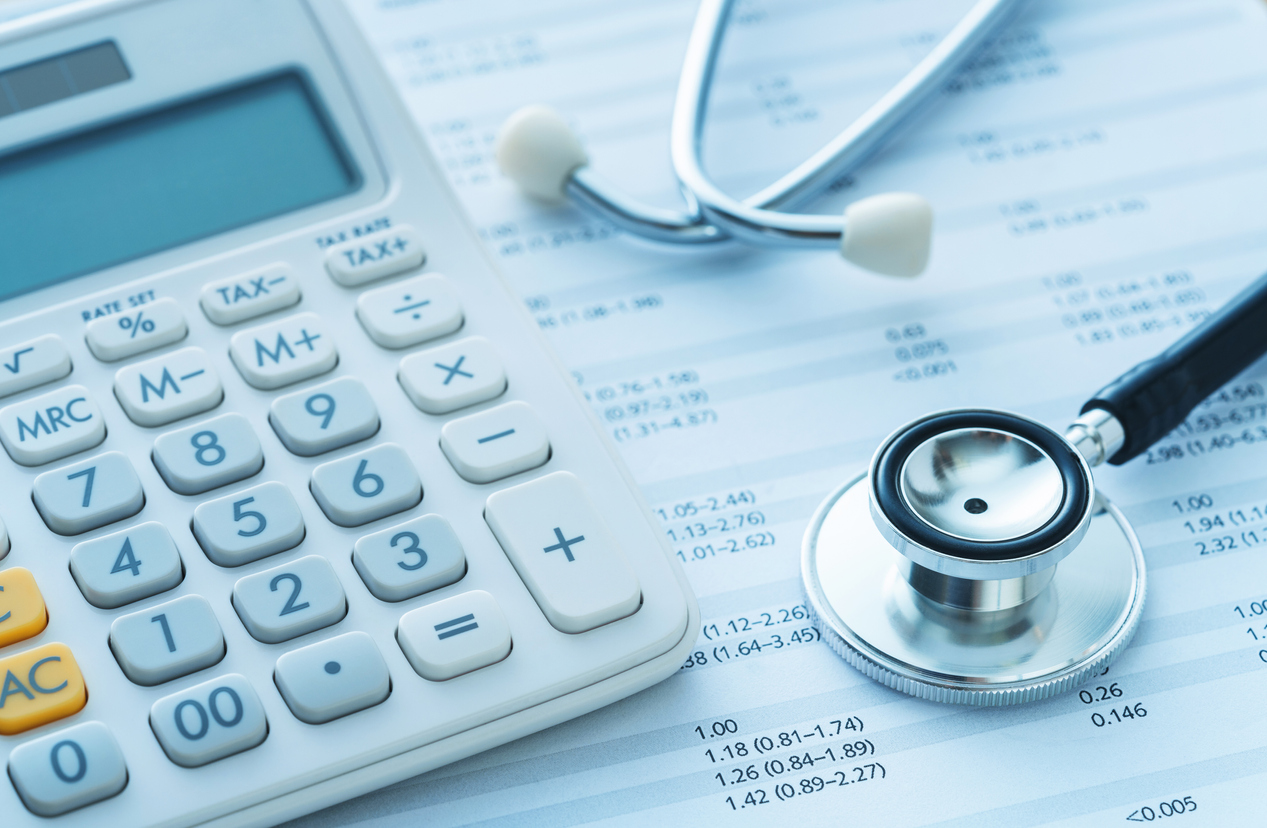Who Pays for the Medical Bills After My Car Accident in Jacksonville?

Sustaining injuries in a car accident in Jacksonville can result in expensive medical bills. The injuries from a car accident can include severe and catastrophic injuries. Even when the injuries are minor, the medical expenses can exceed no-fault insurance coverage.
How do you determine who pays for medical bills after a Jacksonville car crash? It primarily depends on the severity of the injuries and fault for the cause of the car accident.
What Types of Injuries Do People Sustain in Car Accidents?
Even a minor car accident can result in serious physical injuries. Common car accident injuries include, but are not limited to:
- Broken bones and fractures
- Neck injuries, including whiplash
- Back injuries, including spinal cord injuries and paralysis
- Traumatic brain injuries
- Internal organ damage
- Soft tissue injuries and nerve damage
- Loss of limbs and amputations
- Crushing injuries
- Burns, disfigurement, and scarring
Some injuries can result in life-threatening conditions and permanent disabilities. Prompt medical treatment increases the chance of making a full recovery after a car accident. It also decreases the chance an insurance company could undervalue your claim by raising issues related to failure to mitigate damages and causation of injuries.
Florida’s No-Fault Insurance for Medical Bills After a Car Accident
Florida requires all drivers to purchase no-fault insurance coverage or PIP (Personal Injury Protection). The minimum amount of PIP insurance coverage is $10,000. An accident victim files a claim with the PIP carrier regardless of who caused the car accident.
If you have PIP coverage, your insurance company should pay your medical bills after a car accident. If you were a bicyclist or pedestrian, the PIP insurance company for the driver who caused the accident should pay your medical bills.
Passengers can usually file a PIP claim for medical bills with the insurance company for the driver of the car in which they were a passenger. Sometimes, a family member’s PIP insurance covers medical bills for a car accident if the person lives in your household.
Does PIP Insurance Pay All My Medical Bills after a Car Accident in Jacksonville, FL?
PIP medical benefits pay up to 80% of your medical bills after a car accident. However, the amount is limited to the policy limits. Furthermore, if your injuries do not constitute an emergency medical condition, the maximum amount PIP pays for medical bills is $2,500.
Additionally, you must seek medical treatment within 14 days of the car crash. If not, the PIP insurance company can deny your claim for medical bills.
Can I Sue a Driver for Medical Bills After a Car Accident in Florida?
Because Florida is a no-fault state, accident victims are limited to the benefits provided by their no-fault insurance coverage. However, there are situations in which you could sue a driver after a car accident in Florida.
If you sustain serious injuries, you might have the right to sue a driver for damages. Serious injuries are defined by Florida statute. They involved permanent and significant impairments or scarring and wrongful death.
When you sue a driver for damages caused by serious injuries, you can recover compensation for your economic damages, including your medical bills. In addition to reimbursement for medical expenses, you can also receive compensation for loss of income and earning potential, as well as out-of-pocket expenses.
No-fault insurance does not compensate an accident victim for pain and suffering. However, you can recover compensation for these non-economic damages if you sue the at-fault driver. These damages include impairments, a decrease in quality of life, and emotional distress.
What Do I Have To Prove for the Other Driver To Be Responsible for My Medical Bills?
Most car accident cases are based on negligence claims. Negligence is failing to use reasonable caution to avoid causing a car accident. The legal elements of a negligence claim for a car crash are:
- Duty of Care – The motorist who caused your injury owed you a legal duty or care
- Breach of Duty – The motorist who caused the crash breached the duty of care through their acts or omissions
- Causation – The breach of duty was a proximate and direct cause of the collision
- Damages – You sustained damages because of the motorist’s actions
You have the burden of proving your case by a preponderance of the evidence. That means the evidence you present proves that there is a greater than 50% chance that the allegations you make are more true than untrue.
Also, if you contributed to the cause of the car accident, your compensation could be reduced by your percentage of fault under Florida’s contributory fault laws. Insurance companies often try to shift blame for a car crash to the victim to lower the value of the claim. A Jacksonville car accident lawyer can help you fight unjust allegations of contributory fault.
Contact the Jacksonville Car Accident Law Firm of Baggett Law Personal Injury Lawyers Today For Help
For more information, please contact the Jacksonville and Ponte Vedra car accident law firm of Baggett Law Personal Injury Lawyers at the nearest location to schedule a free consultation today.
We serve Duval County, St. Johns County, and its surrounding areas:
Baggett Law Personal Injury Lawyers – Jacksonville
9471 Baymeadows Rd #105,
Jacksonville, FL 32256
(904) 396-1100
Baggett Law Personal Injury Lawyers – Downtown Jacksonville
121 W. Forsyth St. #170,
Jacksonville, FL 32202
(904) 822-4225
Baggett Law Personal Injury Lawyers – Ponte Vedra
480 Town Plaza Ave #130,
Ponte Vedra Beach, FL 32081
(904) 675-1167

